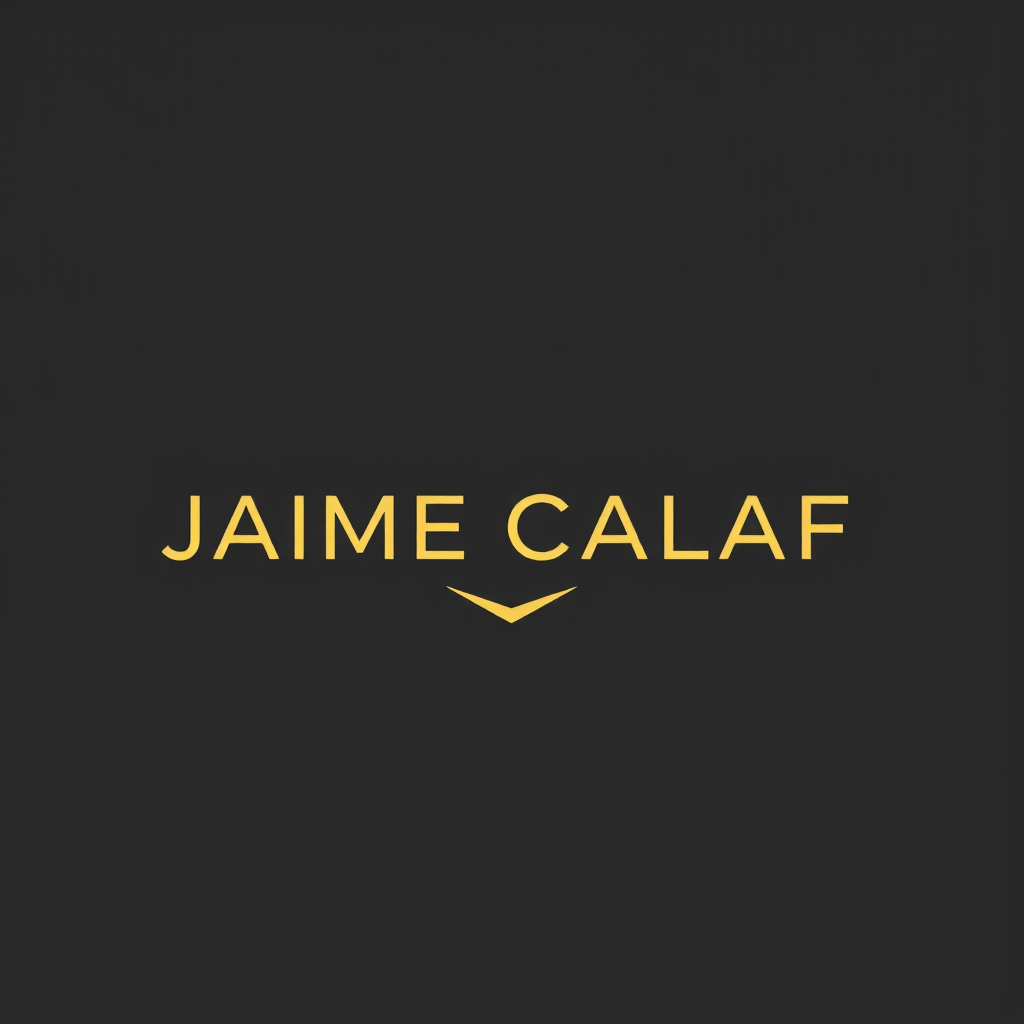”If you haven’t been through it, you haven’t paid the admission ticket, so you don’t get a seat at the table.”
— “Mark” (XA)
Mark (not his real name) sat across from a man who spoke with confidence—too much confidence. The man claimed expertise in a subject he barely understood, speaking in broad strokes and borrowed opinions. He asked Mark about combat—wanting to discuss gunfighting. Mark listened patiently before finally cutting him off.
”We don’t get to talk about this because you haven’t paid the admission ticket. You don’t get a seat at the table.”
And just like that, in a single sentence, he articulated something I’ve been trying to describe for a long time: lived experience significantly impacts perceptions of authority and credibility, often outweighing theoretical expertise.
Not everyone deserves a voice in certain conversations. Some experiences can’t be understood unless you’ve lived them. Mastery of a skill or discipline cannot be faked. Some things must be earned in the fire before you can speak with authority.
Why the Price of Admission Matters
We live in a world where everyone feels entitled to an opinion, regardless of whether they’ve done the work, endured the hardship, or made the sacrifices necessary to truly understand what they’re talking about. This phenomenon has a name: the Dunning-Kruger effect. It’s where individuals with limited experience overestimate their knowledge, leading to a false sense of authority. But the reality is simple: experience is the admission ticket, and without it, your words lack weight.
Studies on expert intuition show that rapid, high-level decision-making is most effective when built on extensive real-world experience, not just theoretical knowledge. Their implicit knowledge must go beyond what can be learned from books or rules. This is why the price of admission isn’t just about credibility—it’s about setting boundaries. In a world where everyone feels entitled to an opinion, experience is the filter that separates noise from wisdom.
The Difference Between Knowing and Doing
You’ve likely experienced this firsthand:
• You didn’t just start a business—you built it from the ground up, through failures and hard-earned lessons.
• You didn’t just get a degree—you survived the grueling process of earning a law, medical, or advanced degree.
• You didn’t just apply—you volunteered for selection into a special operations unit, knowing most would fail.
• You didn’t just run a marathon—you trained relentlessly, pushing for a sub-three-hour finish.
• You didn’t just aim to be healthier—you transformed your body and mind, getting clean and into peak physical shape.
Each of these endeavors demands discipline, sacrifice, and time. Studies in sports performance show that integrating experiential knowledge with theoretical understanding leads to deeper insights and better results. Even elite coaches rely on years of practical experience to complement their technical knowledge. And here’s the hard truth: most people aren’t willing to do what it takes.
Experience is non-transferable. Enduring hardship in one area doesn’t mean you understand struggle in another. Mastering one craft doesn’t grant automatic insight into a different discipline. Hardship isn’t universal—it’s specific.
The All-or-Nothing Mindset
Earning your seat at the table isn’t just about experience—it’s about commitment. You can’t do things halfway and expect to be taken seriously. True mastery doesn’t come from balance—it comes from structured obsession and relentless, focused effort.
People ask me all the time about my morning routine—why I wake up early, why I never miss a session, why I don’t just “skip a day.”
For me, there’s no middle ground. It’s either zero or 100. Some say “all extremes are bad,” but research on elite performance contradicts this. The best in any field don’t get there through casual effort—they get there through sustained, all-in dedication.
Most people treat discipline as optional.
They tell themselves they “don’t have time” or that they’re “too busy.”
But I’ve learned one fundamental truth:
If you haven’t lived it, you won’t get it.
And that’s why not everyone deserves a voice in certain conversations—because expertise isn’t just about time spent. It’s about total commitment to the process.
Setting Boundaries on Conversation
This isn’t about shutting down curiosity or genuine interest. There’s value in thoughtful questions and respectful discussion. But there’s a crucial difference between asking to learn and claiming to know, between seeking understanding and asserting expertise you haven’t earned. The price of admission isn’t about excluding people—it’s about respecting the depth of experience that certain conversations demand.
Since adopting this perspective, I’ve stopped explaining myself to people who can’t possibly understand. Here’s why:
• Time is finite. There’s no point debating with someone who lacks firsthand experience.
• Hollow opinions don’t carry weight. Most people speak from assumptions, not experience.
• Action is the best teacher. If they don’t get it, they should live it themselves.
For example, I could sit in front of you and try to describe what it feels like to hit the wall in a marathon, what the last grueling 10K feels like, or what the mental toll of a training block entails. But unless you’ve lived it, you’ll only grasp a fraction of the reality.
Final Thoughts
Experience isn’t something you can borrow. It can’t be transferred, gifted, or faked. It must be earned through deliberate practice, real-world application, and often, failure. As research consistently shows, theoretical knowledge alone is insufficient for gaining true authority and respect in any field—lived experience is the critical component.
If you haven’t earned your place, you don’t get a seat at the table. That’s not gatekeeping—that’s reality.

